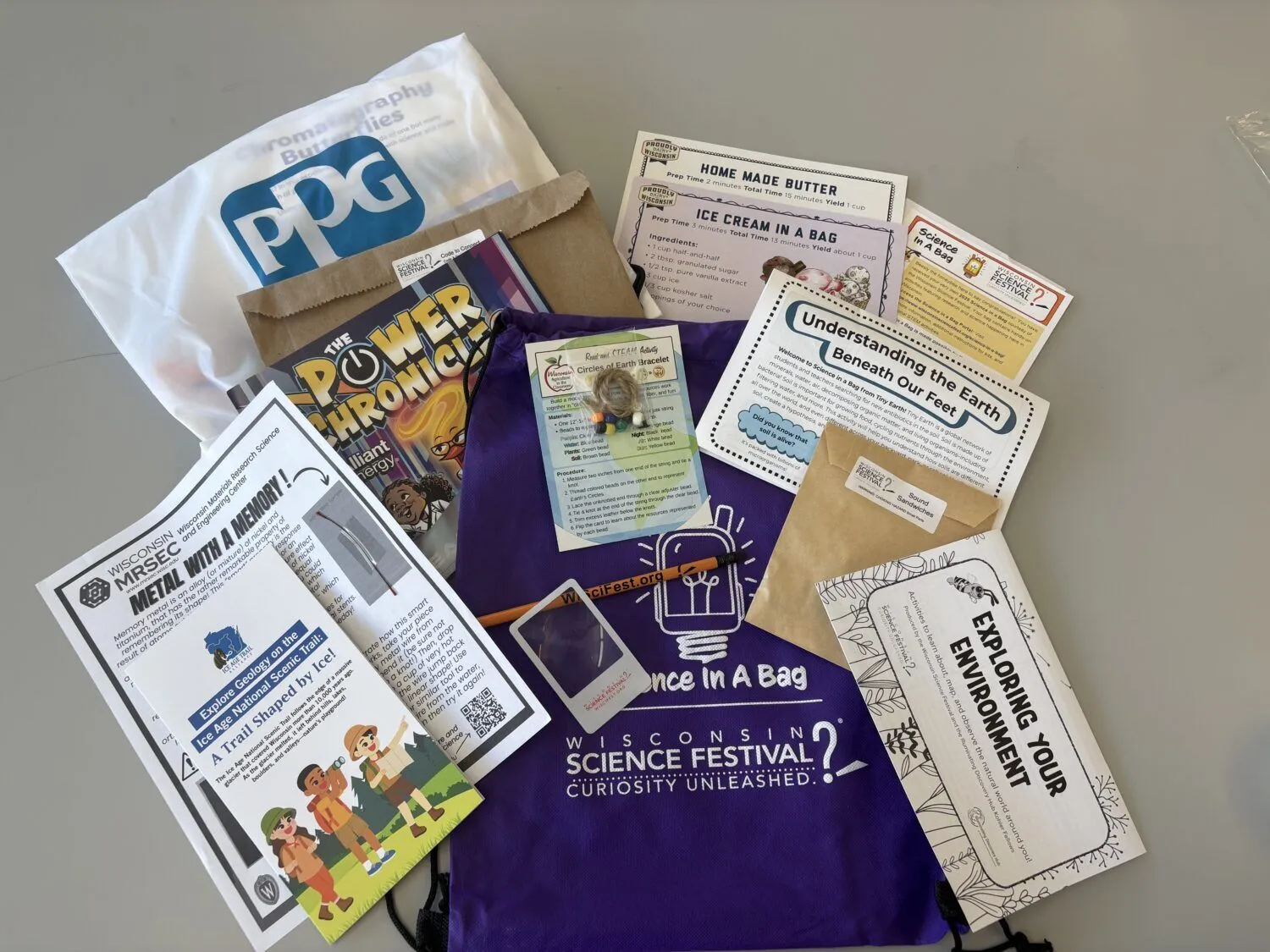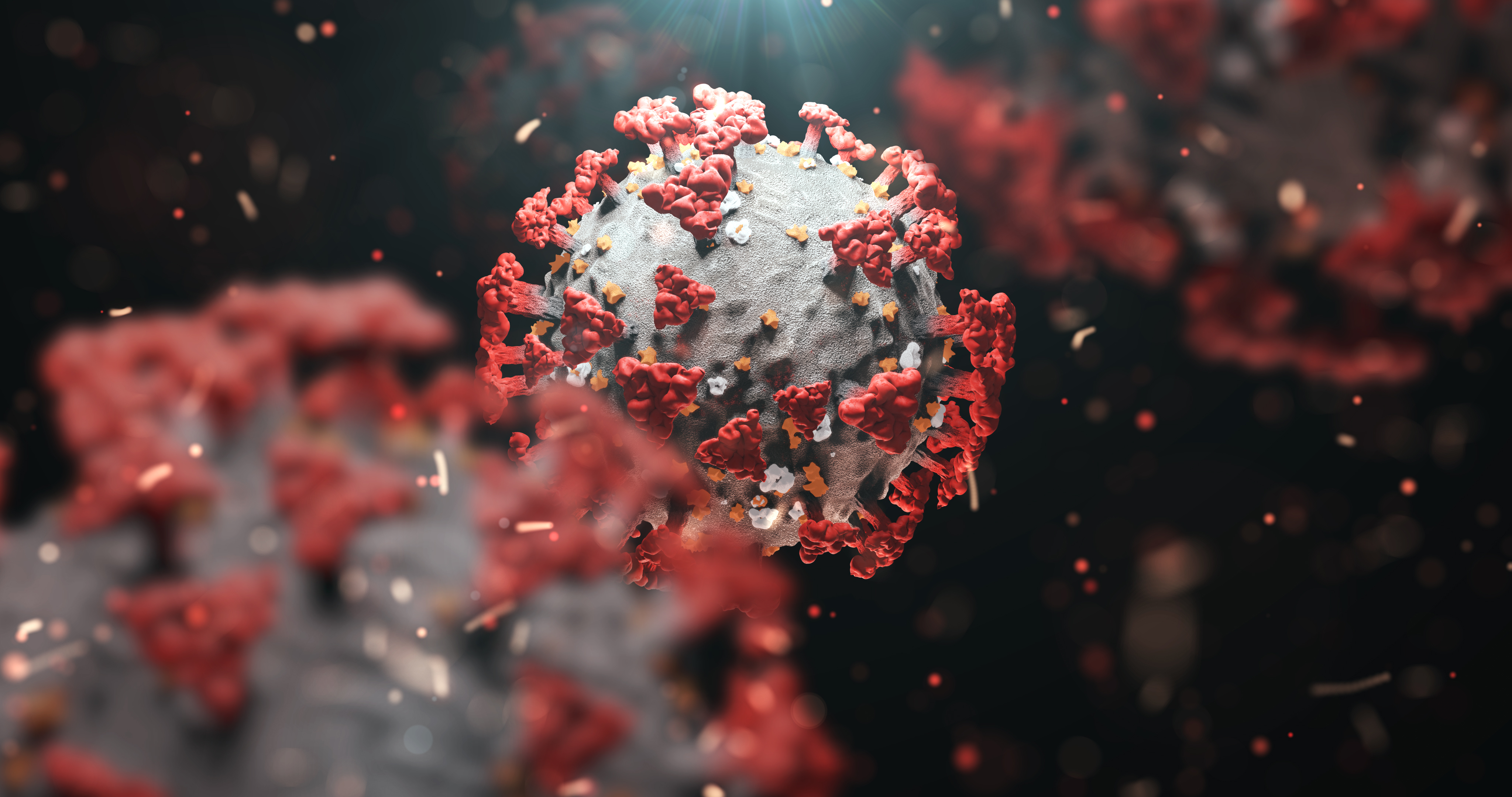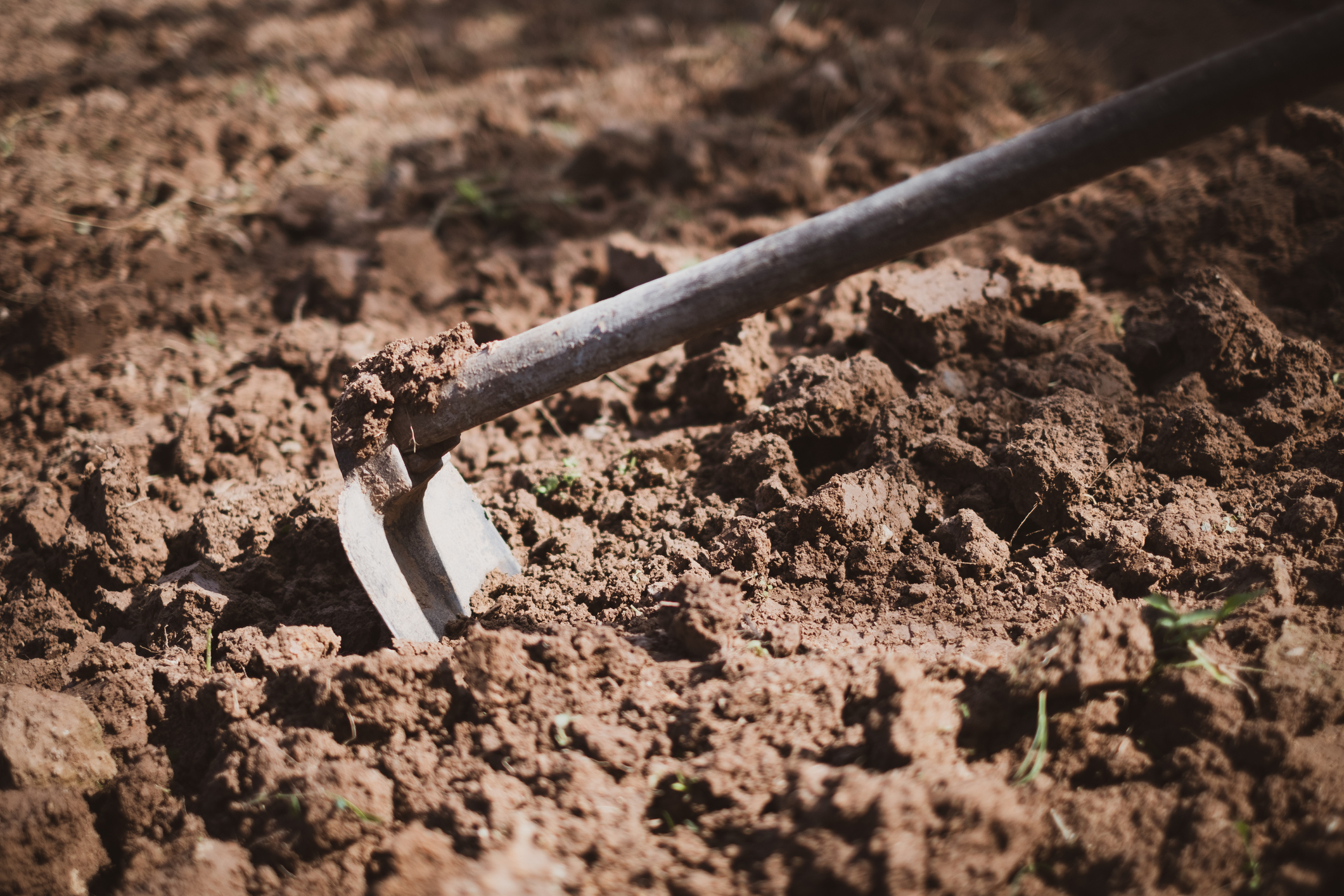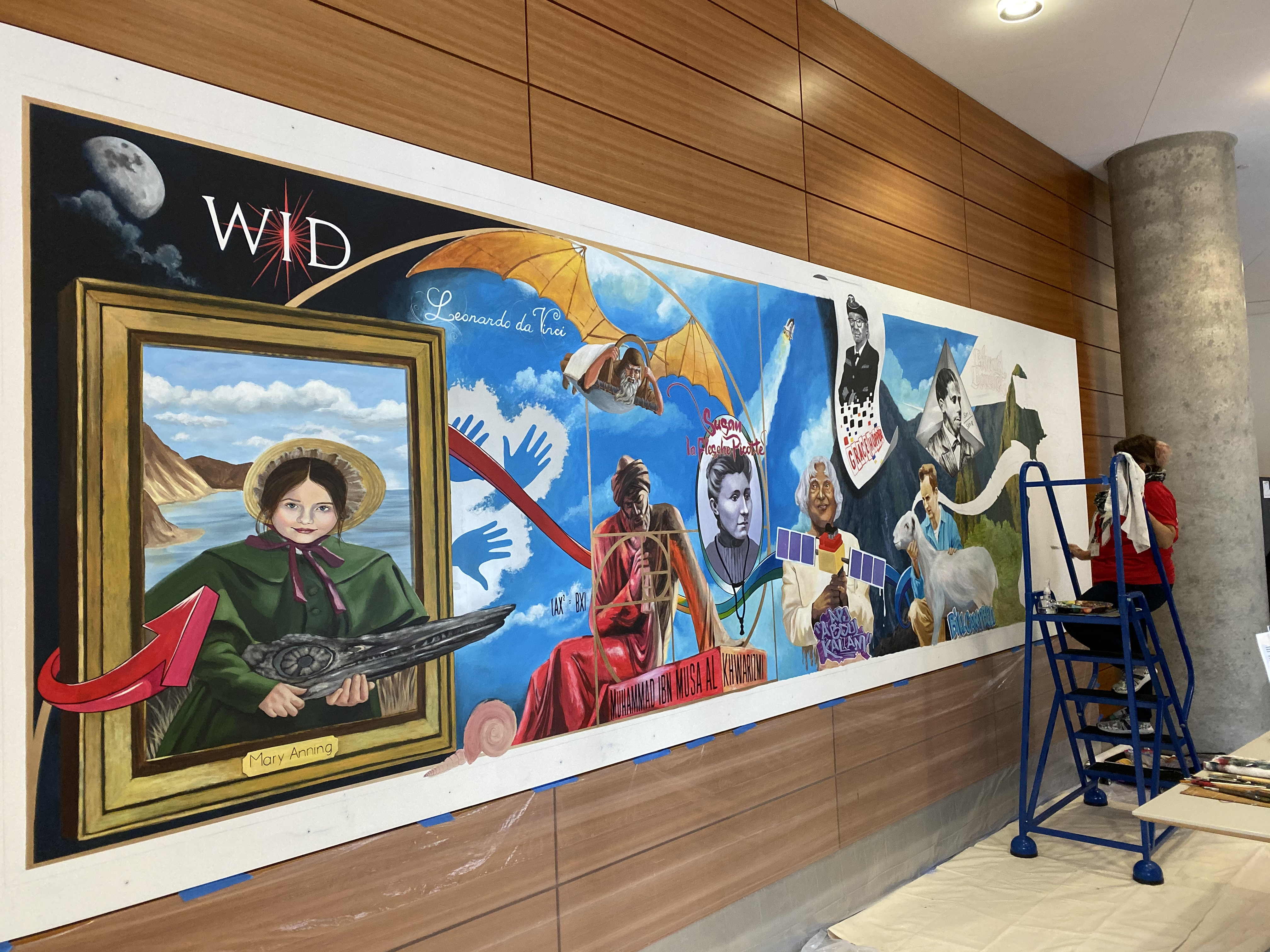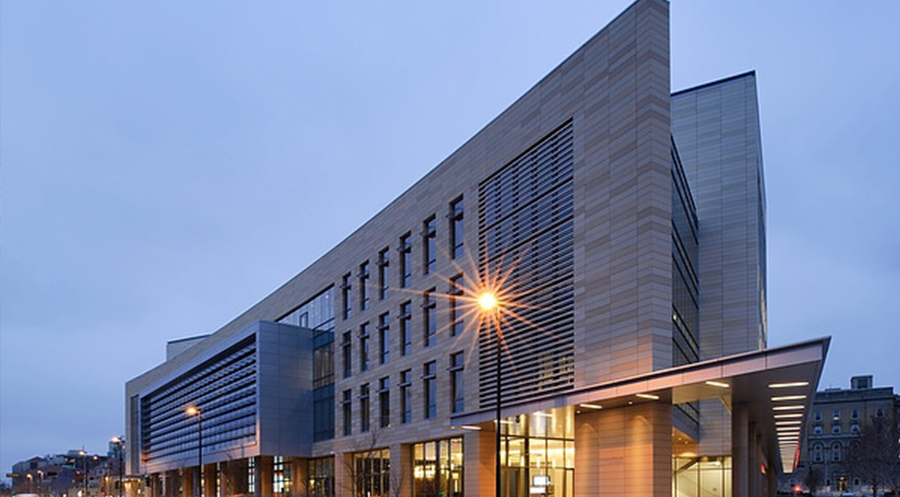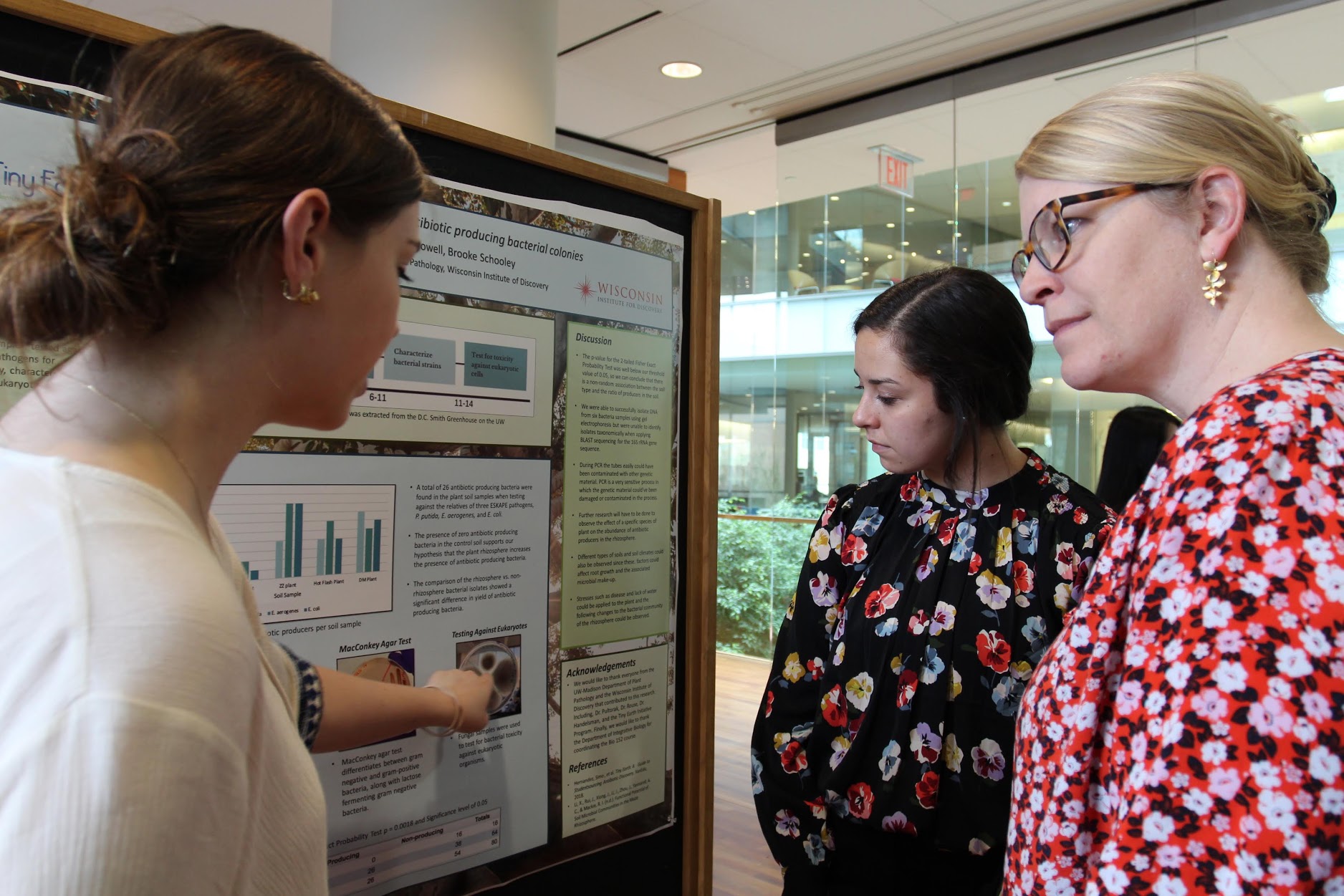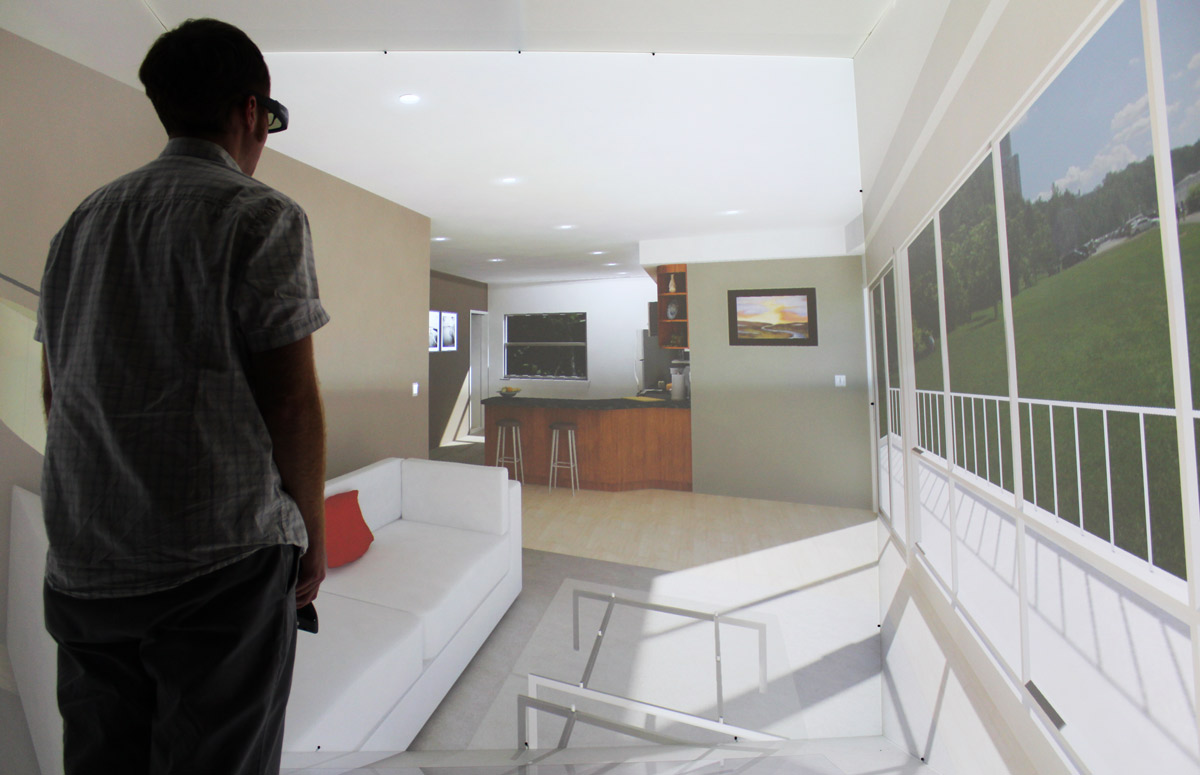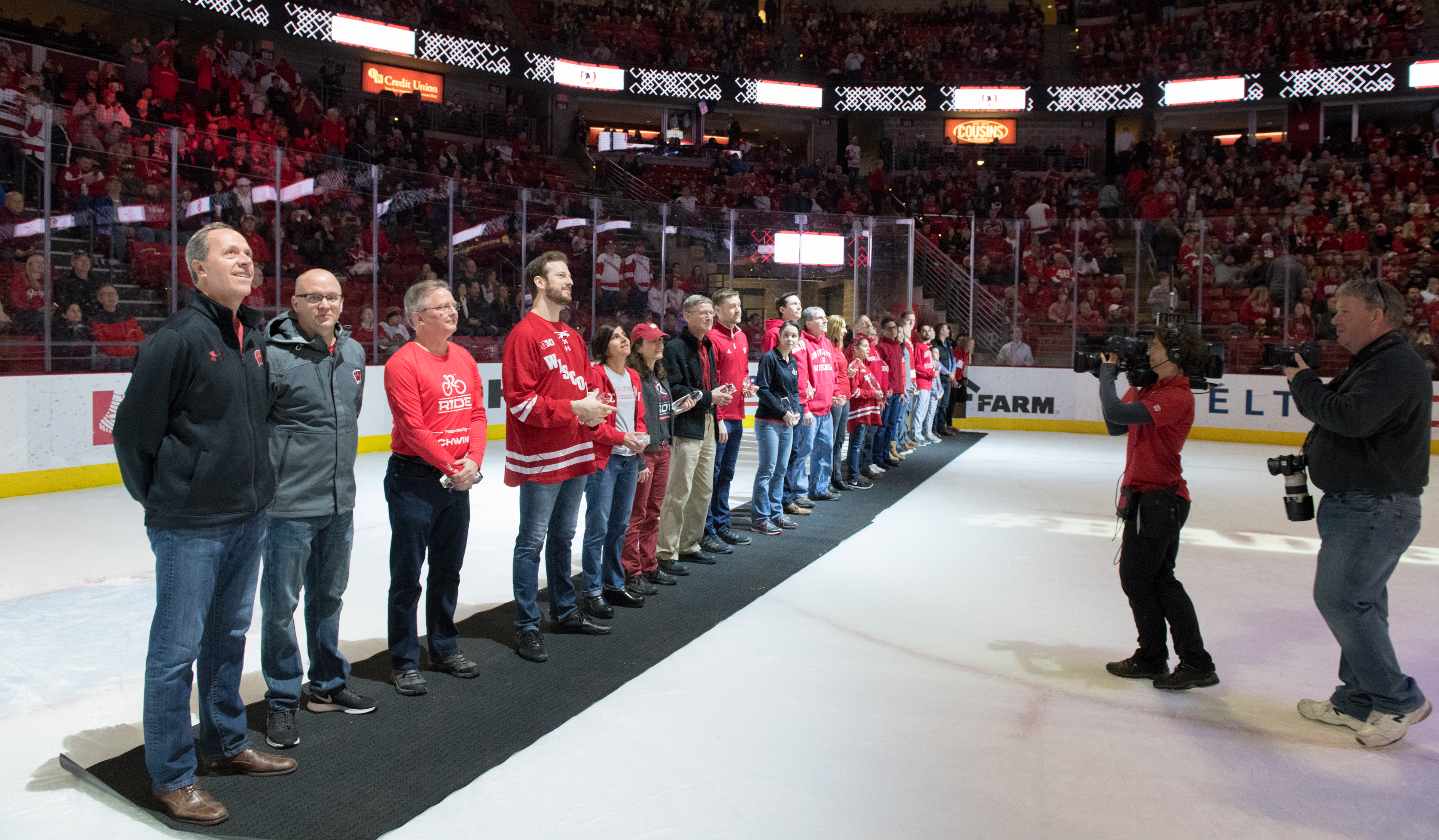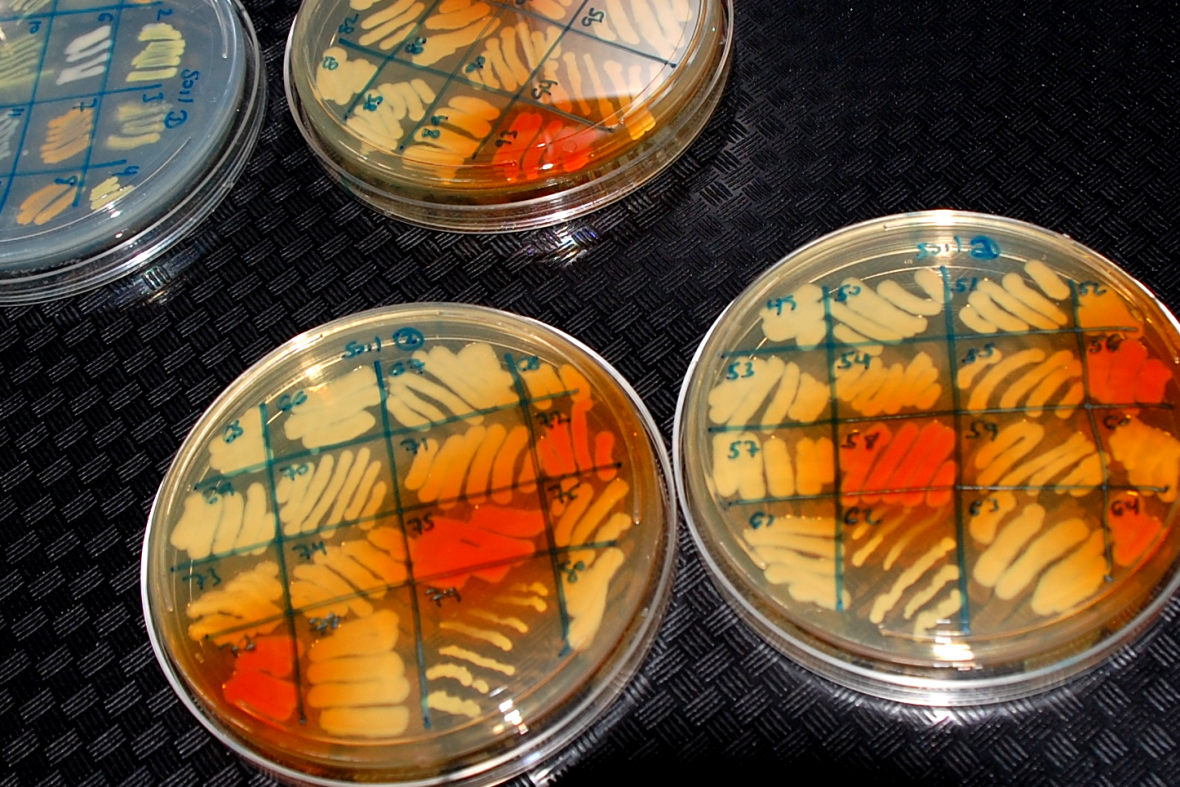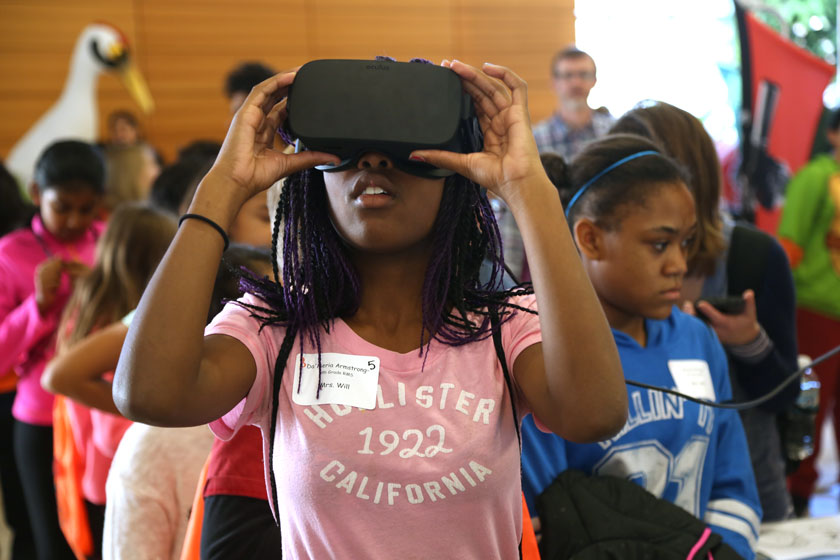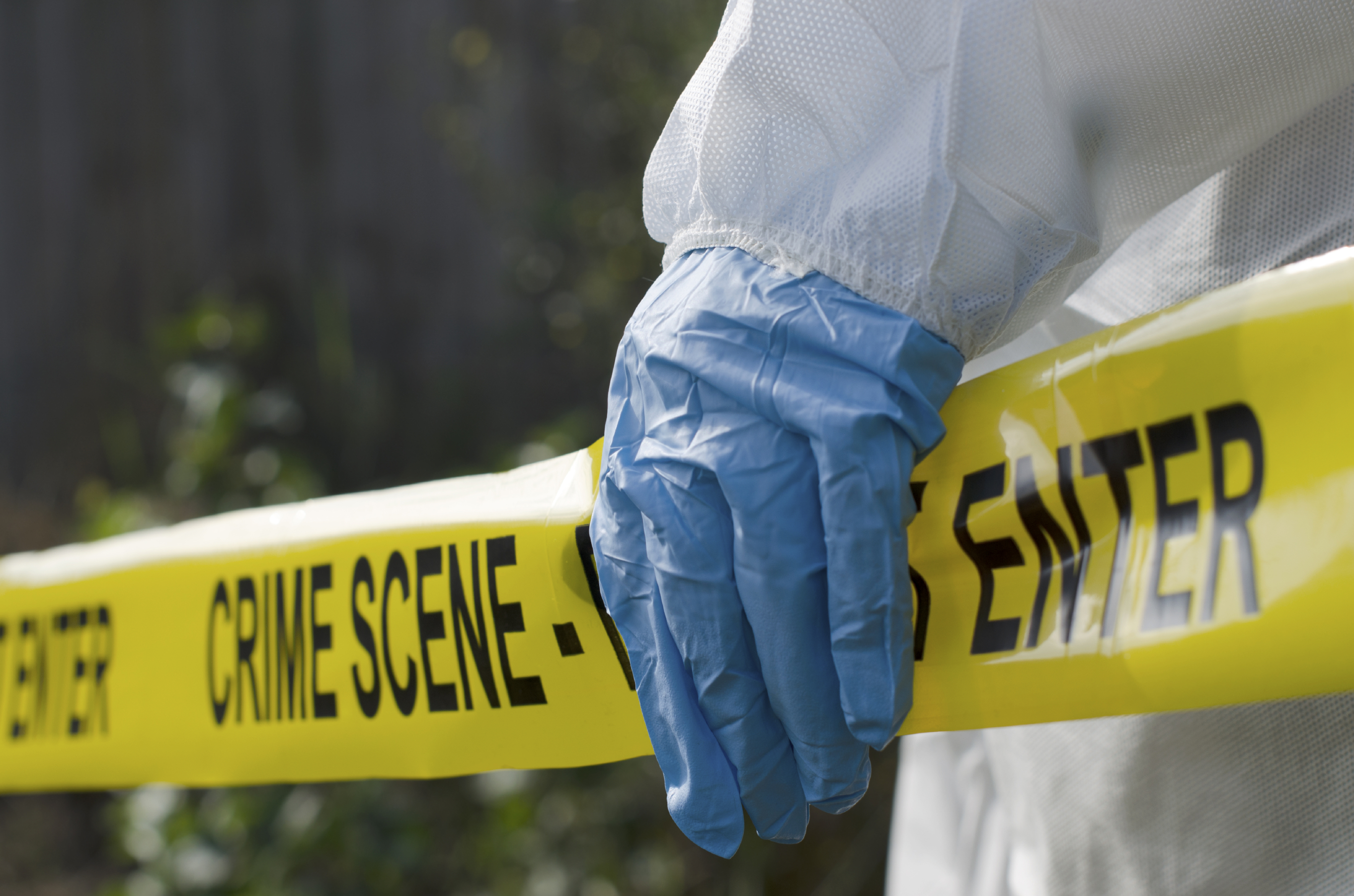WID is committed to fulfilling the Wisconsin Idea, ensuring that the knowledge, resources, and benefits produced by the university’s research permeate the boundaries of the campus, benefiting Wisconsin families and businesses and improving lives all over the world.
WID is engaged in a number of outreach efforts, often in collaboration with partners such as the Morgridge Institute for Research and the Discovery Building’s Town Center.
WID partners with the Town Center and Morgridge Institute for Research on the Crossroads of Ideas lecture series, the Illuminating Discovery course, and other programs.
Outreach is an important part of the Discovery Dialogue Hub .

